
Pieter Swart and Rain Morgan started Turqle in Cape Town in Nov 1997.
Our model is unusual in the South African business environment: a sustainable mission-driven enterprise that is content to stay small, but effective.
" We are open about our profits and where we spend our 'giving back', time and money. "
We have no shareholders and our dividends do not show up on a balance sheet - our aim is to build the change we want to see in the world.
Operationally, we fuction as the the compassionate interface between our trading partners and our producers.
Turqle has 5 employees (non-core tasks are outsourced) and we work with 7 producers factories throughout the Western Cape. Around 870 people are employed at the various factories and we have about 165 active products in the market.

Before Turqle, Pieter and Rain had both worked for alternative trade organisations (NGO's/NPO's) where funding was a constant crisis. So we vowed that our number 1 aim would be to create a SUSTAINABLE Fair Trade Enterprise.
There is a fine line between maximising profits and working for a sustainable profit - because if you dont make any profit at all, you cannot stay in business.
" Bottom-line, we fund our FAIR Trade activities out of fair TRADE. "

The word Turqle – does not mean anything.
In the beginning, we tried to register a number of names that 'meant' something, and they were all taken; so we made something up – Pieter’s favourite colour was Turquoise and Rain’s was Purple – So TURQLE.
We thought we'd start with Turqle and change the name later - but we got busy and soon it was too late. To all the people who mattered, we had become Turqle...

Turqle is about great people stories and good food stories.
Most of the Turqle crew are foodies. We go on food trips, celebrate by cooking together and on special occasions, we look for new food experiences...
For us, the real test of a product is whether we'll use it in our own kitchens... If there is even a doubt, that product goes back to the test kitchen.
The 'secret ingredient' though, comes from the people who work in the factories - the hands that make the product.
Inside the factory - apart from the noise of the machinery - there is the sound of laughter and happy chatter. That is how they make our happy food.
We want our customers to come back – and keep coming back – because we sell great tasting food that make them happy too!

Many of our customers who come from the traditional Fair Trade community are disappointed to see all the caps, white coats and stainless steel.
Fair Trade is about 'how' we do business, how we deal with the producers and workers and our customers.
However when it comes to making the sauce (or blending the spice), it has to happen 'by the book' - the FSC 22000 book - and this book is all about food safety.
90% of our business is export into Europe, the UK, USA and Australia. We cannot afford a single 'slip' - people's lives depend on us doing things 'right', so we have to make sure that all the stainless steel and white coats are in place, even if it means that our producer pictures are not very 'artisinal'...

" What does Turqle actually do? "
Perhaps, the question people are really asking is: "What value are we adding between our producers and our trading partners?".
Big picture: Turqle is an umbrella organization. It means we have a central ethos (Fair Trade) – and we approach everyone we trade with as if they share our values.
We buy the products from our producers (they invoice us on delivery) and sell them on to our trading partners. This means our producers get paid even if things go wrong and we do not get paid – and it happens – not often, but it happens.
Product Development
We work with our producers and trading partners to create products that their customers want to buy.
Quality Control
Exporting food to the EU means there are many compliances, lots of boxes to tick and lots of paperwork – this means checking and re-checking and constant vigilance.
Freight & Logistics
The last couple of years, the global freight situation has been difficult and getting freight into and out of South Africa, has been particularly tricky. Huge credit to everyone who make it happen.
Order Processing, Monitoring & Finance
These are pretty much the same as in any business, except we also print and carry the cost of all the labels and 'extras' (like gift boxes & outer cartons), and all the producers have the option to ask for a 50% (interest free) advance on their order value.
The Fair Trade Trust
2,5% of Turqle's turnover goes to the Fair Trade Trust. This money is only for education and the beneficiaries are the workers and their families. Some of our customers, like Ukuva Switzerland, and El Puente in Germany match Turqle’s contribution, and a few of the other companies we trade with (like SERRV), make periodic contributions to the trust.
Monitoring
We also spend a lot of time monitoring the fair trade compliance of our producers. This does not just mean pitching up once a year with a clip-board and ticking some boxes, it means keeping in touch all the time...
In short – we are the soft interface between our producers and our customers. Most of our customers do not have the resources to manage producers remotely and many of our producers do not have the manpower or the know-how to deal with exports. We check, and keep checking, so our customers don't have to...
Finally, our real job is to manage the TRUST relationships between our producers and our customers. Eating the food that someone else had made, is a gesture of trust - and we take it very seriously.

Turqle is guaranteed Fair Trade by WFTO.
This means we promise our producers and our customers that we hold ourselves accountable to the 10 principles of Fair Trade.
We regularly audit our producers and we in turn, are also audited regulary.
For us, Fair TRADE means Fair MADE and Fair PAID. Price negotiations with our partners are open and transparent.
Between 2011 and 2024, Pieter and Rain spent a lot of time on WFTO work – Pieter served on various boards, Rain worked on the Living Wage project and in 2024, we hosted the WFTO Summit in Cape Town. Since then we have been involved in a number of working groups.

Whenever we get the chance, we encourage buyers (and anyone who will listen!), to choose products that were packed in developing countries, and if it can be sourced fully processed from the country of origin, so much better!
The real value of the ‘added value’ is so much more than just the money. It supports one of Turqle’s fundamental aims: to do business in a way that builds sustainable industries, and robust businesses, healthy communities and families with resilient people…
The spices in the grinders come mainly from Asia and India. Spices do not grow in South Africa – but herbs and chillies do… and we have the best, best salt in the world!
The ingredients of the sauces are mostly local, and some sauces are made from ingredients that were grown right outside the factory door.

While the spices are imported, all the rest of the components and services that go into making the finished product, are sourced locally.
This means that every single one of these 'ingredients' represent real people who earn real wages and work in local sustainable industries, that eventually make up the healthy communities we all strive for.

If we add some numbers, this is what it looks like: This grinder leaves South Africa at an FOB price of Euro 1,95, and the sales price on the shelf in Germany is Euro 4,90.
BUT – just like that, the numbers without context can be misleading.
In conventional business, the price escalation between producers and consumers is between 3.5 and 4 times the FOB price.
In this case, 40% of the shelf price stays in the ‘South’… This is actually very good! *
The moment the product leaves South Africa, the costs start building in foreign currency – for example – shipping, customs clearance, transport, warehousing, etc are all paid in Euro or GBP or US$.
Interestingly, the benefits to the ‘South’ of packing here, are exponentially inverse to the costs – in other words, it does not just pay to pack here, it creates benefits well beyond the value of the money!
* These numbers are from a traditional Fair Trade chain. It does not contain any 'hidden' costs that conventional, commercial retailers (the ones accountable to shareholders) typically pass on to producers (like proportionate promotional charges, shelf 'rentals', promo (as in 2-for-1) 'discounts', listing audits, 'early settlement discounts' to get an invoice paid inside 45 days, etc.).

In situations where bulk raw materials are exported from the ‘Global South’, and processed and packed in the EU – and this is true for coffee and tea and cocoa and lots of fair trade commodities – only about 6-7% of the shelf price stays in the ‘Global South’ – and the benefits to the broader community are almost zero…
The reality though, is that until we can think of something different, the world runs on money. Someone has to make something that someone else wants and is prepared to buy... and if you're not making a fair profit, there is nothing to 'share' and invest where its needed.

All our other products are made with local ingredients (and bottles, labels, caps etc) and some – like the Khoisan salt that is used in all the grinders that contain salt – is one of the best salt products in the world – there is simply nothing like it anywhere else…

About the numbers on the next 3 slides: The last official statistics that were available are from 2020. The results of the 2022 census were not credible – there were too many 'recording errors'. The department of Statistics provided a calculated estimate in the first quarter of 2025.
South Africa has a relatively young population.
Over the last 20 years or so there has been a slight decline in the birthrate – people are having fewer children - but this is largely off-set by immigration.
In the 15-24 age group, an extraordinary number of young men are dying through gun violence, car accidents etc : 28 per 100,000 more than 4 times more than young women 6.5 per 100,000.

" In South Africa, unemployment is a national crisis. "
‘Officially’ our unemployment rate is around 30%. The 'expanded rate of unemployment = 43%. This includes people of working age who have either never applied for jobs or have given up looking for work.
Industry experts who apply job shrinkage (where people leaving are simply not replaced in the workforce) and business closure stats to the official estimates, are of the opinion that in reality, we are probably closer to 50%.
15 out of 100 of those people who are unemployed, are unemployable… their skills simply do not match the job market and the tragedy is that most of these people are young people…

In 2012, out of every 100 kids who started school, 50-55 wrote School Leaving exams. 37 passed, 12 went to university, 6 got degrees, 4 will get a secure job.
The biggest tragedy of South Africa’s democracy is that the young people who do make it through the school system are not equipped for the job market and worse – the education system ‘schools’ them into ‘waiting to be given an education’ while they’re blind to the opportunities for self education and entrepreneurship out there…

That is why Turqle’s Fair Trade Trust focuses on education.
2.5% of Turqle's turnover is paid to the Fair Trade Trust.
Of our customers, El Puente, SERRV and Ukuva Switzerland also contribute to the trust.
The Fair Trade Trust has ONE focus: education of the workers and their families.
The Fair Trade Trust has 3 priorities: School Fees, Group Training at Producers and Bursaries for Individuals.
Since 2003, the trust has paid school fees for more than 200 children every year (some years it has been more than 400!) and in recent years, many of the kids who had their school fees paid, have gone on to tertiary education and 2 young women have gone on to good jobs!

Our Fair Trade business is very much like a garden – it needs constant attention – and the flowers never look exactly like it did on the seed packet!
The story of South Africa has not been a good story for a long, long time and yet, the people and businesses survive in spite of our government.
Right now, our unemployment rate is the highest in the world, and our youth unemployment is creeping towards 70%.
Education is beyond a mess, large parts of the rail network has collapsed, gender based violence is tragically increasing year by year, the main supplier of electricity is in dire trouble and in most rural towns, basic provision of services have all but stopped.
For most ordinary South Africans, life is very hard indeed… and still, somehow, ordinary people are finding ways to make things work - and if it does not work the way it should, they find ways over, under or around the obstacle.
For us, it is about continuous improvement: we sow seeds every day - some grow and some die and it takes a lot of manure, weeding and day to day attention, to keep everything healthy.
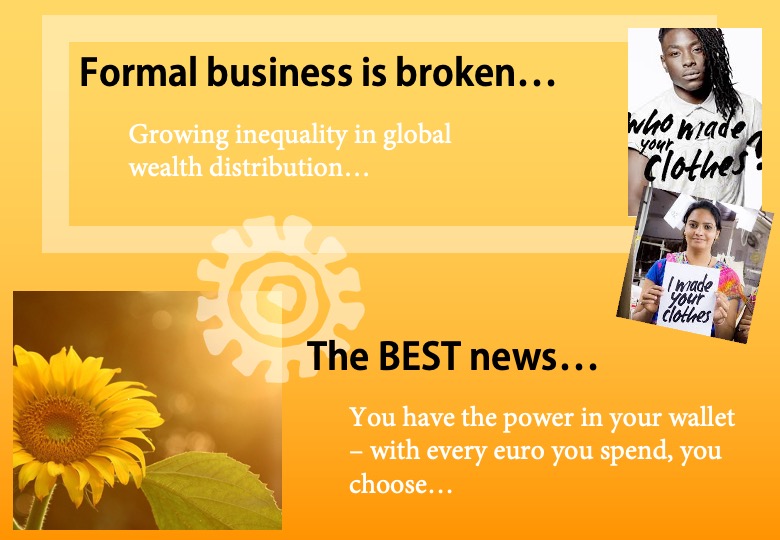
We all know about the inequality in global wealth distribution and how the inequalities of recent decades have escalated – the wealthy got richer and the working poor got poorer.
Sadly, while us consumers keep believing that there is merit in chasing the cheapest goods, searching out the biggest discounts and fall for consumerism orgies like Black Friday, we forget to ask who is absorbing the impact of the 'bargain' we are getting... If a kids T-shirt costs €2, what did the producer get paid?
Most people who are older than 35 have, to a greater or lesser degree had to 'un-learn' racism, homo-phobia, xenophobia, gender stereotypes and virtually all the prejudices of the previous century... If people can do this, they can un-learn greed too.
" If we choose to, we can un-learn greed... "
The best news is that we have the power in our hands – with every purchase, we choose where we spend our money. We choose to shop for price, or pay for value...
LEGAL STUFF - who owns whom, what and where...

Turqle Trading
25 Sandpiper Crescent, Tableview, 7441, Cape Town, South Africa.
T: +27 834759844
Co-owners & contact for trade enquiries: Rain Morgan (rain@turqle.com) and Pieter Swart (pieter @ turqle.com)
Turqle Trading CC was registered in South Africa in 1997. In July 2025, the company structure was changed to a Pty Ltd. The directors are Rain Morgan and Pieter Swart who hereby assert their rights as the owners of the name Turqle Trading, the white star logo and the words "Ethical Food Brands" in association with the white star logo and the name Turqle Trading.
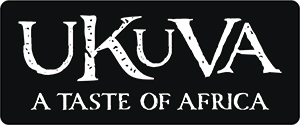
Turqle Trading is the brand parent of Ukuva iAfrica. Ukuva iAfrica© brand is the property of Nigel Wood who hereby asserts his rights as the owner of the logo, the name UkuvaiAfrica and the phrase "a taste of Africa" used in context with Ukuva iAfrica and the Ukuva logo. Turqle Trading is licenced to use and promote the Ukuva iAfrica brand.
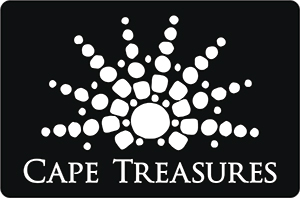
Cape Treasures© brand is the property of Turqle Trading which hereby asserts its rights as the owner of the logo, the name Cape Treasures and the phrase "making good food wonderful", used in context with Cape Treasures, the Cape Treasures logo and Turqle Trading.
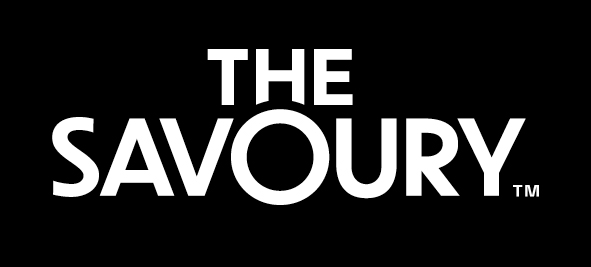
Rain Morgan & Pieter Swart are part owners of The Savoury Brand and as such have full permission to use the logo, name and marketing material at their discression.
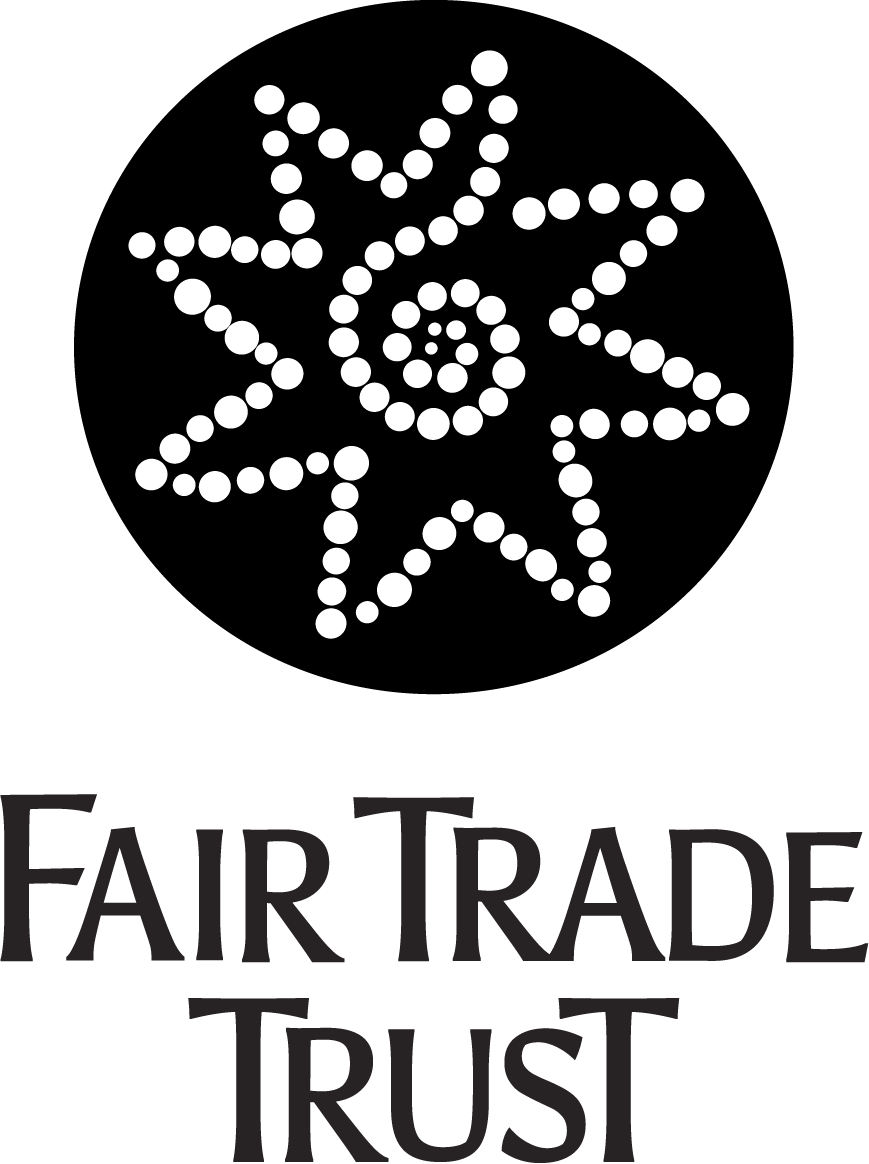
The Fair Trade Trust was created in 2003 with the express intention to provide a vehicle to receive donations for education of the workers and their families who work at the factories that make the products for Turqle.
Turqle contributes 2,5% of turnover to the Fair Trade Trust. El Puente in Germany, Ukuva in Switzerland and SERRV regularly contribute to the trust as well.
The first priority of the trust is to pay a significant part of the school fees of all the children of the workers. Since 2003, at least 200 children per year have benefitted. The trust also pays for various in-house training courses at the factories as well as bursaries for tertiary education for individuals.
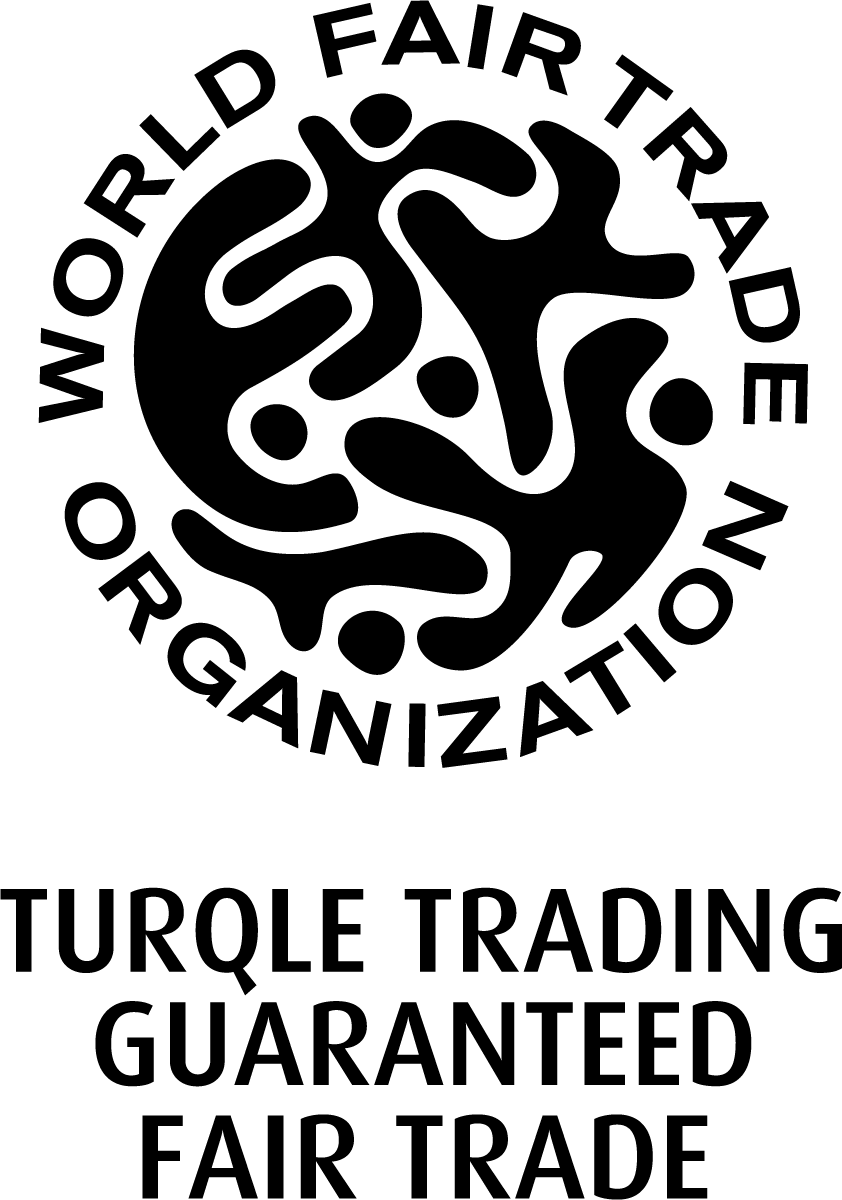
The World Fair Trade Organization guarantees that Turqle is a Fair Trade enterprise.
It means that Turqle commits to uphold the 10 principles of Fair Trade and ensure that all our producers are similarly compliant. We regularly have to submit a self assessment report and our commitments are audited by internationally accredited auditors.
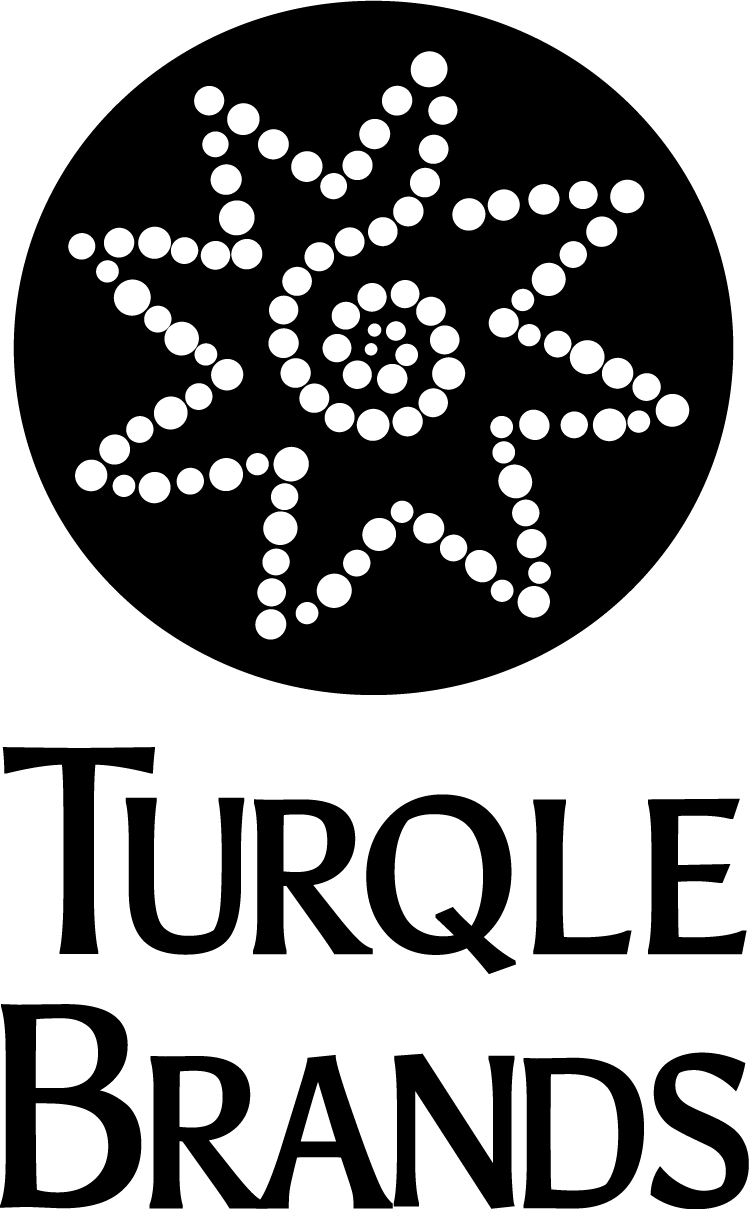
Turqle Brands is the collective identity for the Cape Treasures, Ukuva iAfrica and The Savoury products that are marketed and sold in South Africa via Turqle's on-line shop.
Turqle Brands - the name and the logo - is the property of Turqle Trading which hereby asserts its rights as the owner.

Turqle SA is a separate legal entity owned by Linda Buckle, Esky Chunga and Sarah Withey who has permission to use the white star logo and the phrase: "Ethical Food Brands".
Turqle SA's registered address is 25 Sandpiper Crescent, Flamingo Vlei, 7441, Cape Town, South Africa. T: Sarah +27 835640805 - Linda +27 826899432
SA domestic market trade enquiries to: sarah@turqle.com or linda@turqle.com - wwww.turQle.co.za

Turqle UK is a separate legal entity registered in the UK and trades from 1 Fairview Road, Taplow, Maidenhead SL6 0NQ UK. Tel:+44 7766 262977 www.turqleUK.com
Trade enquiries for UK: turqleuk@outlook.com
We have made every effort to ensure we have appropriate permission for the images used on this site - however - the origin of some of the pictures are not traceable. Over the years, many visitors and friends have generously shared their images - we thank them.
The images of the workers and their children were obtained with their informed consent.
Anyone wishing to use our photographs are welcome to contact us, we will gladly share our own photographs for non-commercial use.
We post the content of this site in good faith and trust anyone using the information, will honour our intention.
The opinions we express are our own and (unless we quote them directly), are not the opinions of other people, organisation or groups.
TURQLE TRADING cc
25 Sandpiper Crescent, Flamingo Vlei,
Tableview, Cape Town
South Africa T:+27 (0)834759844
Rain Morgan
rain@turqle.com
All Rights Reserved © Copyright 1997 -